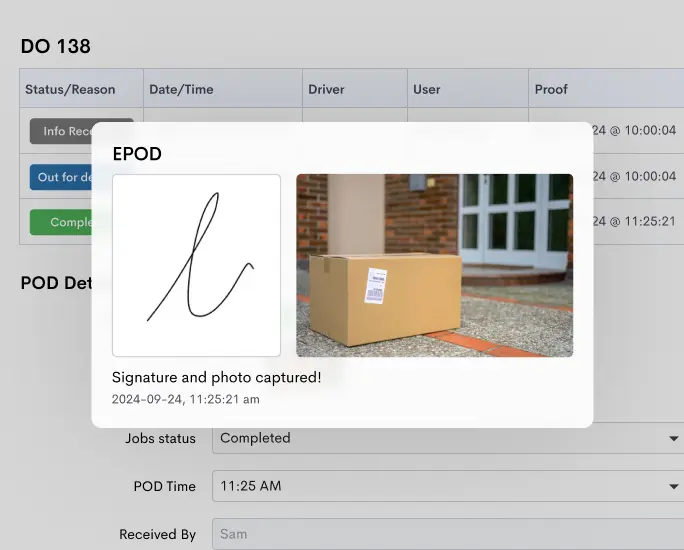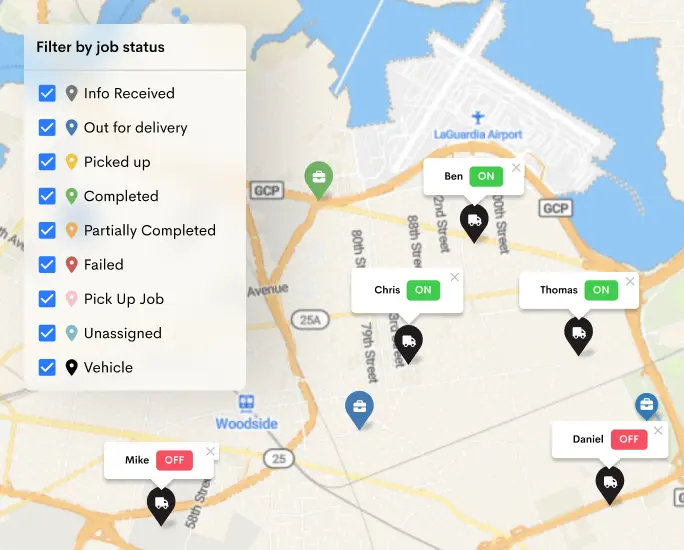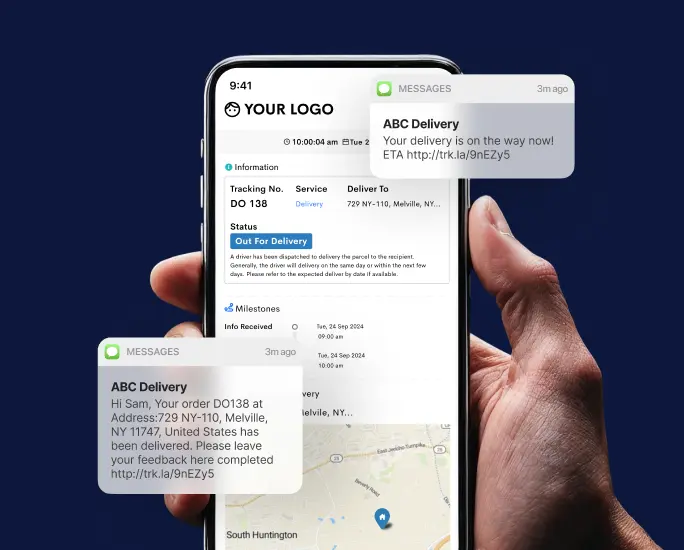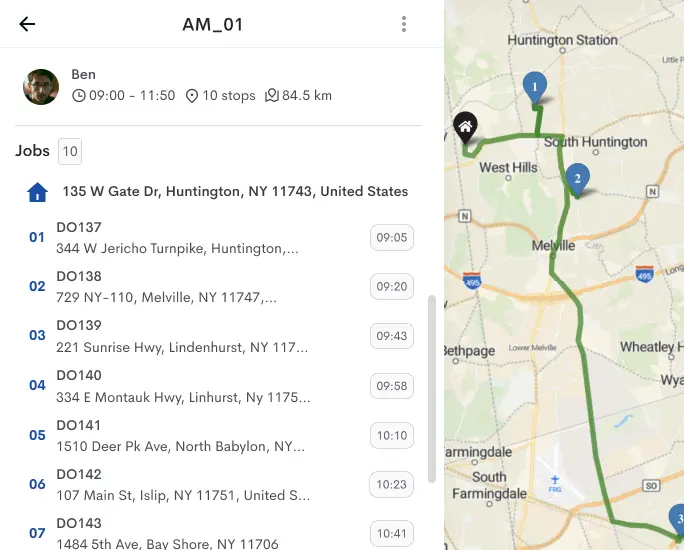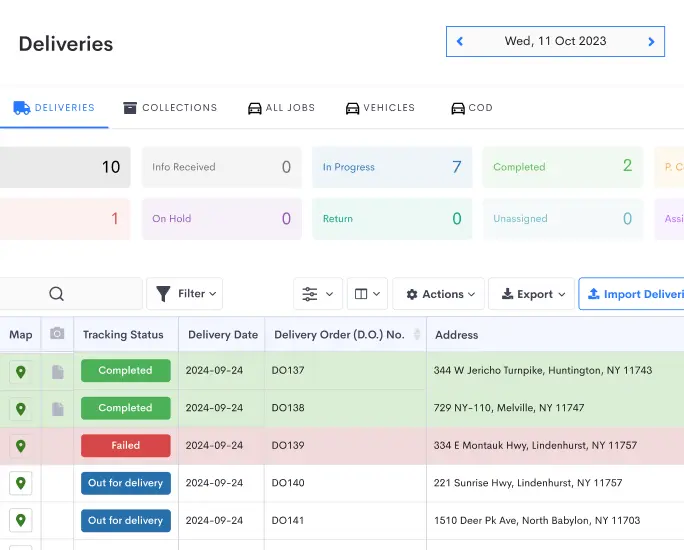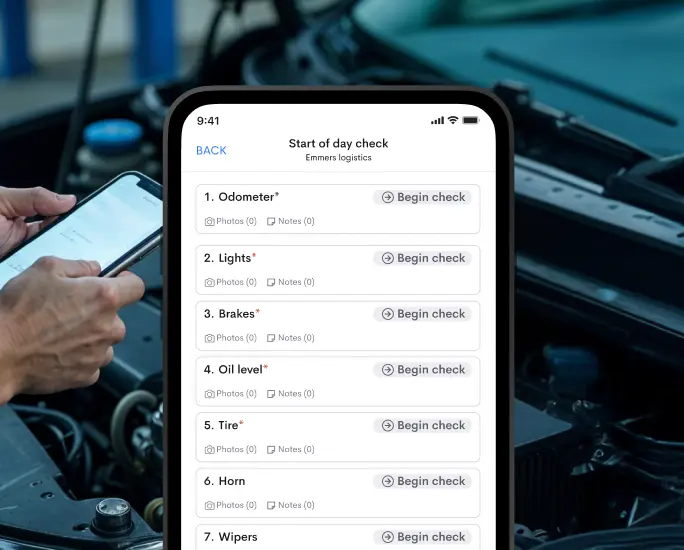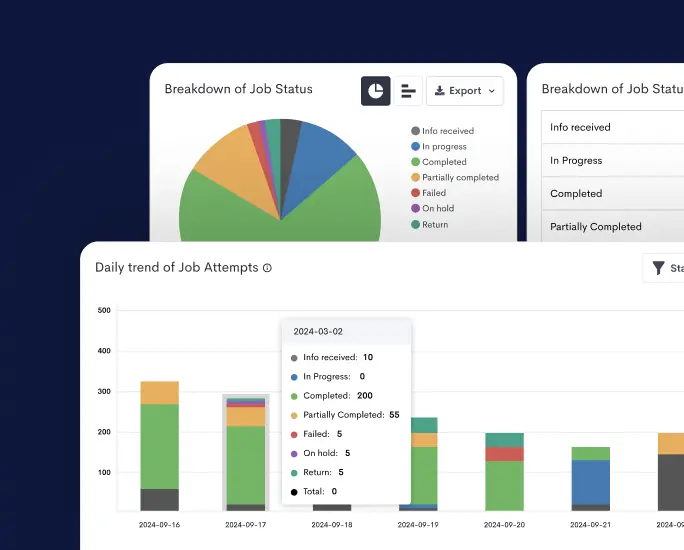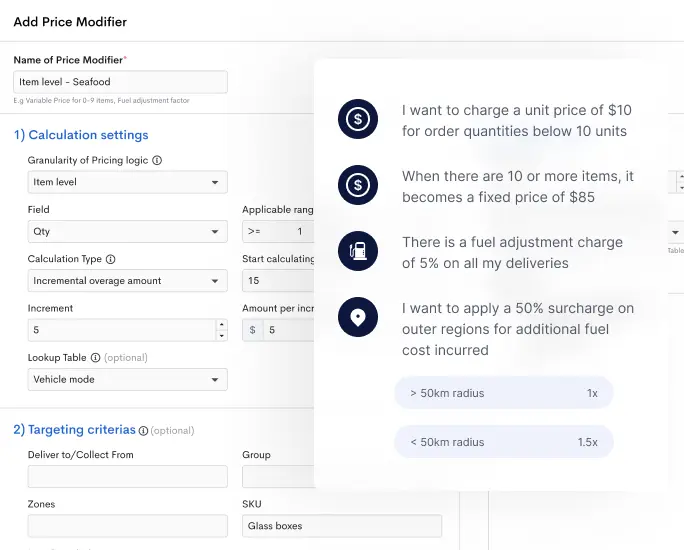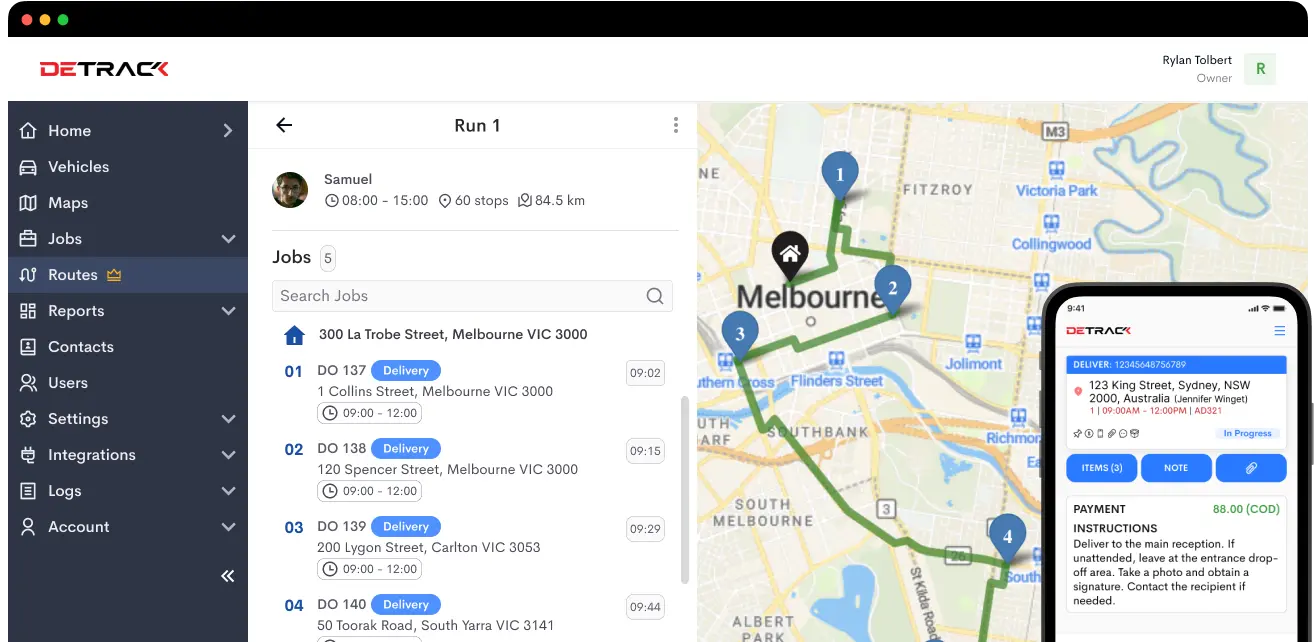Sustainability is no longer a mere buzzword—it’s essential. As the planet faces urgent environmental challenges, the logistics industry is at the heart of the problem and the solution. From delivery trucks and shipping vessels that emit tons of carbon dioxide to packaging waste that crowds our landfills, logistics has a huge environmental footprint.
The good news? By focusing on sustainable logistics, businesses can make an impact, improve their reputation, and often even save costs!
Why Sustainable Logistics Matters
Did you know the transportation sector is responsible for about 28% of greenhouse gas emissions in the United States alone? Globally, that number rises as countries rely on logistics for everything from next-day delivery to overseas shipping.
The logistics industry is essential for commerce, but the environmental price is steep. Embracing sustainable logistics means actively working to reduce that footprint, creating a ripple effect of positive change across industries.
Consumers today are increasingly aware of their choices impact on the planet, and they’re starting to hold businesses accountable.
In fact, a recent NielsenIQ study found that more than 60% of global consumers are willing to pay more for sustainable goods. This is a huge incentive for companies in the logistics space to adopt greener practices—going green isn’t just about saving the planet; it’s also a solid business decision.
Key Elements of Sustainable Logistics
Sustainable logistics involves a few critical areas, including green transportation, efficient resource management, and innovative tech adoption. Let’s explore each of these components and understand why they matter.
1. Green Transportation
One of the biggest changes in sustainable logistics is green transportation. Traditional vehicles release significant carbon emissions, but eco-friendly alternatives are becoming more accessible. Electric trucks, hybrid fleets, and even hydrogen-fueled vehicles are entering logistics.
Take Amazon as an example. The retail giant recently pledged to achieve net-zero carbon by 2040, with plans to add 100,000 electric delivery vans to its fleet by 2030. This initiative is projected to cut emissions and save on fuel and maintenance costs over time. Businesses prioritizing low-emission vehicles can minimize their carbon footprint and tap into the cost efficiencies associated with greener transport options.
2. Sustainable Packaging
Packaging waste is another major issue in logistics. Think about the last item you ordered—did it come in a box within a box, wrapped in plastic? Excessive packaging contributes to landfill waste and is a big headache for the environment. Eco-friendly packaging solutions, like biodegradable materials, recyclable boxes, or even reusable packaging, are rising in popularity.
This not only lowers waste but resonates strongly with customers who are increasingly conscious of plastic pollution and waste management. Sustainable packaging is an area that demands innovation, and it’s exciting to see companies get creative here.
3. Route Optimization
We’ve all experienced a delivery driver making multiple stops before reaching us. Those extra miles increase fuel usage, emissions, and costs. That’s where route optimization comes in. By using smart software to plan delivery routes efficiently, companies can cut down on miles traveled, reduce fuel consumption, and even improve delivery times.
With technology like Detrack, businesses can dynamically adjust routes to avoid traffic, consolidate deliveries, and make each trip as efficient as possible. Think of it as logistics’ answer to carpooling—it’s better for the environment and cheaper in the long run.
4. Energy Efficiency in Warehousing
Warehouses are the backbone of logistics but consume large amounts of energy. Heating, cooling, and lighting can make warehousing a significant contributor to a company’s carbon footprint. Enter energy-efficient warehouses designed to lower energy consumption through renewable energy sources and efficient building designs.
This approach is eco-friendly and demonstrates the business benefits of sustainable practices. Green warehouses aren’t just good for the planet—they’re also a financially sound choice.
5. Circular Logistics
One often overlooked area is the importance of circular logistics, a system where products, packaging, and materials are reused, refurbished, or recycled. This model minimizes waste by extending the lifecycle of products, keeping them in circulation rather than heading to landfills.
Take the case of IKEA, which has committed to becoming a fully circular business by 2030. The furniture giant now offers services to buy back old furniture and refurbish it for resale. This not only keeps items out of the landfill but also reduces the need for new materials, contributing to a lower carbon footprint overall. Circular logistics is a promising approach that’s gaining traction, helping companies cut waste while creating value from “old” products.
The Benefits of Embracing Sustainable Logistics
Going green isn’t just a nice-to-have; it brings real, measurable benefits to businesses. Here’s a quick breakdown:
- Cost Savings: From reducing fuel costs to using less packaging, sustainable logistics often means lower operating costs.
- Customer Loyalty: As more consumers prioritize sustainability, companies that go green are better positioned to earn loyalty and trust.
- Regulatory Compliance: With governments enacting stricter environmental laws, sustainable logistics helps companies stay compliant and avoid fines.
- Brand Image: Embracing green practices enhances brand reputation and appeals to eco-conscious customers.
Final Thoughts
Sustainable logistics isn’t just a trend; it’s a necessity. Companies that prioritize green practices not only help the environment but also gain an edge in the marketplace, appealing to the eco-conscious consumer and reducing operational costs over time. From green transportation and packaging to circular logistics and energy-efficient warehousing, the path to sustainability is rich with opportunity.
Let’s move forward to a world where logistics doesn’t come at the expense of the planet—where each package, route, and warehouse reflects a commitment to sustainability. For businesses, embracing sustainable logistics is more than a responsibility; it’s a chance to make a difference and lead the way to a cleaner, greener future.

